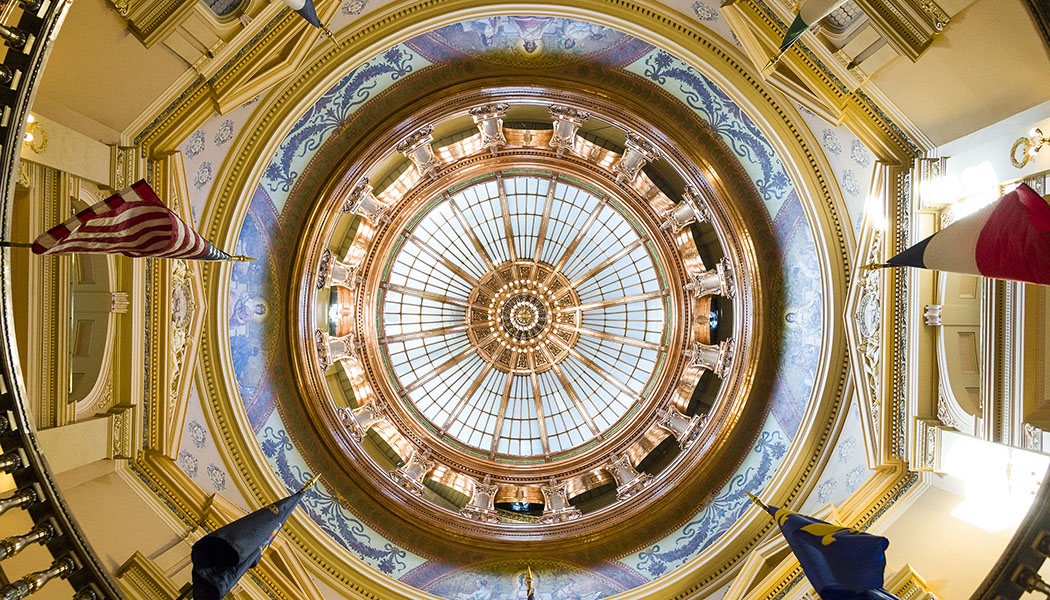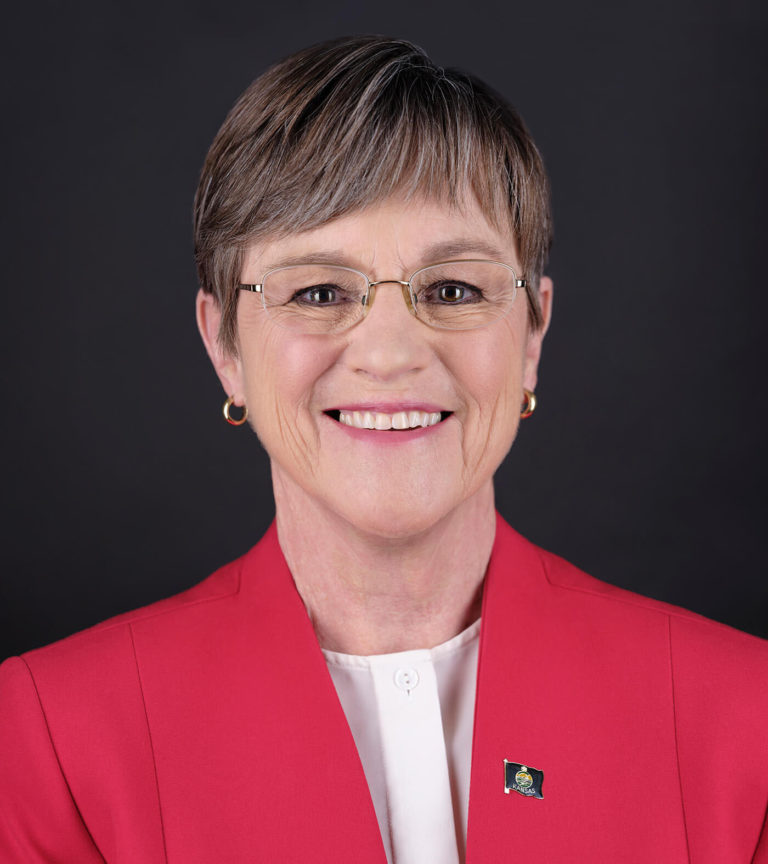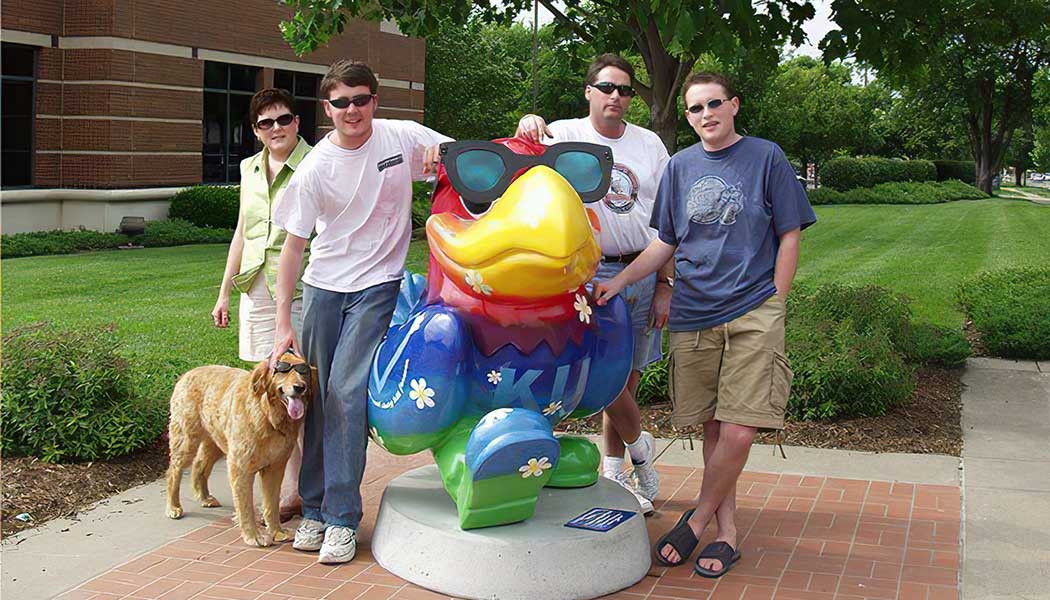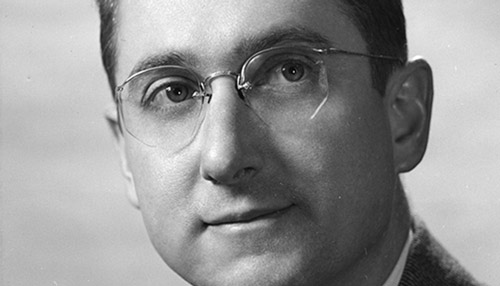Hopeful start
Kelly proposes critical, creative investments in higher education

Buoyed by a rare budget surplus of nearly $3 billion, Gov. Laura Kelly on Jan. 12 unveiled the most positive higher education funding recommendations in recent memory as part of her fiscal year 2023 budget plan.
She proposed restoration of base-budget funding to pre-pandemic levels, adding $45.7 million for state universities in exchange for a tuition freeze. Chancellor Doug Girod said KU would “welcome the opportunity” to maintain flat tuition for a fourth straight year if the Kansas Legislature approves her proposals.
“We are fully supportive of her budget recommendations, and we will spend the coming months advocating for lawmakers to include these proposals in the final fiscal year 2023 budget,” Girod said Jan. 14 in messages to students, faculty, staff and alumni statewide, including members of Jayhawks for Higher Education (JHE), the Alumni Association’s network of more than 1,600 volunteer advocates.
Kelly also affirmed universities’ vital role in fueling economic growth; she proposed $195 million in economic development matching grants for universities. KU and other universities could match donor dollars with the state funds to develop projects that would create jobs and other benefits to bolster Kansas communities.

During the Kansas Board of Regents meeting Jan. 20, KU leaders said the University would work with the Department of Commerce (which would oversee the economic development matching grants) to develop projects in three critical areas: safety and security, molecules to create new medicines, and earth, energy and environment.
Other details of Kelly’s budget include financial assistance for students and investments in universities’ infrastructure:
—$25 million for need-based scholarships
—$25 million for deferred maintenance
—$20 million for information technology
enhancements
She also recommended 5% salary increases for state employees, including KU faculty and staff.
“Overall, this is the most supportive budget proposal higher education has seen from any governor in many years,” Girod said. “We appreciate Gov. Kelly’s commitment to higher education for the upcoming budget year.”
Of course, the governor’s recommendations are only the beginning of the budget conversations, which typically continue through most of the 90-day legislative session. In the opening weeks, lawmakers debated redistricting proposals as they eyed the midterm elections later this year.
Universities will steer clear of the redistricting debate to focus on urging lawmakers to include most or all of Kelly’s proposals in the final FY 23 budget. In addition, KU, Kansas State and Wichita State will ask legislators to pass a non-
budget measure that would simplify the process for universities to sell donor-funded property. The change would eliminate the current requirement for legislative approval and require only Regents’approval, thus speeding up the process: KU, K-State and Wichita State could finalize property sales more quickly—ideally at better prices. If the change is approved, KU would designate the proceeds from these property sales for deferred maintenance projects.
For additional information on 2022 legislative priorities and fact sheets that outline KU’s impact and service to the state, visit govrelations.ku.edu. To join Jayhawks for Higher Education and receive email updates throughout the legislative session, visit kualumni.org/jhe.
RELATED ARTICLES
/








